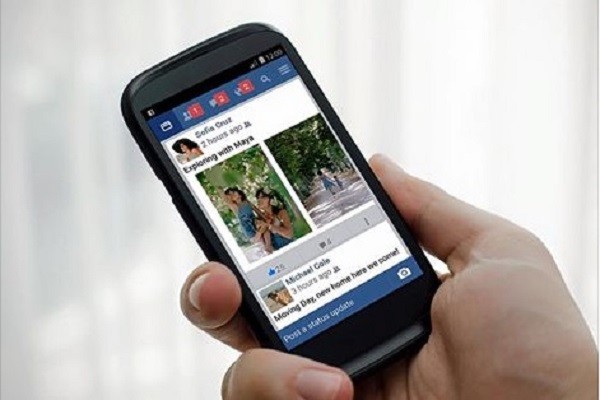Social networking giant Facebook aims to capture the next billion users from developing nations by helping individuals connect faster on mobile devices through the launch of its latest Facebook Lite app.
Facebook founder Mark Zuckerberg posted a photo with the details on the latest bare bones app, which will be released first in Asia with Europe, Latin America and Africa to follow in the coming weeks.
While creators of the app have yet to announce its availability for users in the United Kingdom or the United States, according to The Guardian in over populated cities in Britain and rural communities where network signals are weak, a slimmed down Facebook app can prove to be a beneficial prospect for users.
In his Facebook post, Zuckerberg said the app which can be downloaded in a few seconds has a file size under 1MB and is available on the Play store.
Taking note of the expensive and slow network connections coupled with restrictive data plans facing many African and Southeast Asian Facebook mobile users, the Facebook Lite app is reported to work well on outdated phones and consumes less data, according to Tech Crunch.
The tech website said the latest initiative is looking to such emerging markets to increase the social networking giant's users by another billion. However, the app is prohibitive in its data usage, where features such as Nearby Friends and videos are not applicable.
Facebook Lite product manager Vijay Shankar told the website in order to make an impact in emergeing markets with the app and to understand the issues faced by users, his team did a lot of ground research spending time in Indonesia, India and Africa.
The team discovered for the app to be successful it required three essentials; the app had to load fast on simple 2G connections, work on basic Android phones and consume a minimal amount of data.
The team headed by Shankar discovered that the biggest barrier to Internet usage is not access to a network connection but high costs of data plans, which pose as prohibitive barriers, to eager users in developing countries.



























